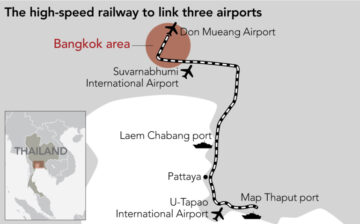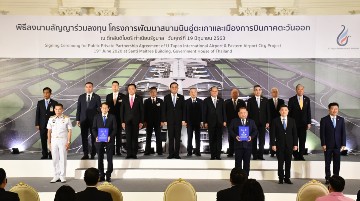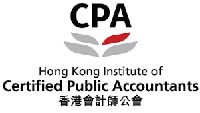Amidst the enormous uncertainty – both short and long term – now facing the aviation industry comes welcome news of heroes – or at least of heroic thinking.

Last month, the BBS joint venture of Bangkok Airways, BTS Group and Sino – Thai Engineering signed a PPP contract with the government’s Eastern Economic Corridor Office of Thailand to upgrade then operate U-Tapao airport in Rayong province.
Spread over three phases, the consortium will upgrade an existing runway, build a second one by 2024 and expand terminal capacity to an annual 60 million pax by 2042. Estimated cost is THB 290 billion (US$9.4 billion).
How will they raise this sort of money when the project faces significant risks?
First and most obviously, for anyone whose cave has lacked wifi these past six months, the aviation industry is on its knees. In Annus Covidus, passengers will be wary of venturing too far from home even when allowed to, of becoming infected in a smaller version of a cruise ship petri dish whilst getting there, of testing positive when they arrive, of the extra hassle at check in / upon arrival and of the inevitable increase in cost due to all of this combined with less competition between surviving airlines needing to repay government bail outs, all the time finding Zoom calls not so bad for routine matters.
I acted as an expert witness in the ICSID arbitration over Manila airport terminal 3. Airports depend on passengers not only for the regulated income which they bring (passenger departure taxes, etc.) but also for all the associated unregulated revenues such as spending in duty free shops, car parks and more. And worldwide, footfall and thus airport revenues will be well down on historical trends.
On the supply side, the Thai government had intended that U-Tapao join Suvarnabhumi airport, which opened in 2006 (which, for us trivia enthusiasts, translates as Land of Gold; the area had previously been known as Cobra Swamp), and the original Don Mueang airport (from which the Royal Thai Air Force first flew in 1914, a mere eleven years after the Wright brothers did so at Kitty Hawk) in a cluster capable of handling an enormous 200 million passengers per year. To put this in context, Changi handled 68 million pax last year. (Airport capacities are hugely elastic: Suvarnabhumi was designed to handle 45 million but in 2019 was able to handle 65 million.) Airports of Thailand (70% owned by the government) owns both these other two and had its own expansion plans. It will no doubt now be revisiting those plans but these both compete with U-Tapao and AOT has much deeper pockets.
Apart from Bangkok Airways, which airlines will want to use U-Tapao? Its hinterland includes Pattaya (for tourists) and the Map Ta Phut industrial area (for managers and skilled workers). Otherwise, it is is 150 km from Suvarnabhumi and 190 km from Don Mueang in Bangkok proper. This does not make for speedy transfers between mostly short haul flights.
The three airports are to be linked by another PPP contract under which a consortium led by CP Group will build then operate a 220 km high speed rail line at a cost of THB 220 billion (US$7.4 billion). Construction by China Railway Construction Co is due to be completed by 2023. Contracts for this project were signed only in October last year so, if this is completed late / not at all, access to U-Tapao from the Bangkok conurbation will be significantly slower.
How to derisk the airport project? Expect i) conditions precedent to the contract even becoming effective ii) options to pause as each phase is completed iii) undertakings from the government as to expansion elsewhere iv) scope to develop adjacent real estate.
Then, how to raise the finance? Equity and project finance debt won’t be enough so Logie Group stands ready to assist: expect plenty of government support, be this Thai or perhaps Chinese.
Of the sponsors, BTS Group at least has experience in restructuring. I attended the ribbon cutting for their Bangkok skytrain in 1999. First up, it was a financial disaster but it has since transformed mobility in the city centre. (There is even a well established pub crawl route).
And as US political journalist Norman Cousins once wrote, ‘Optimism doesn’t wait on facts”.
So watch this space.







